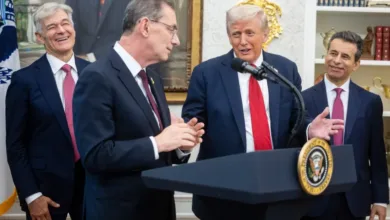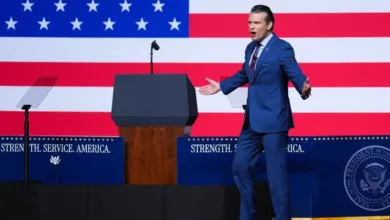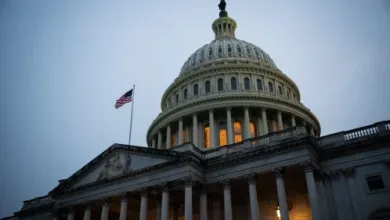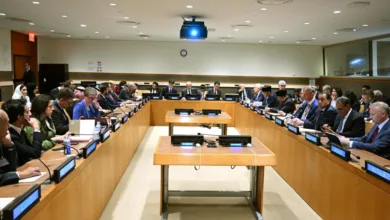Is Political Polarization a Greater Threat Than Terrorism?

For decades, terrorism was seen as the most urgent threat to national security in the United States. From 9/11 to global extremist movements, counterterrorism shaped policy and public fear. Yet today, a new danger looms: political polarization. The deep divisions between Americans are eroding trust, fueling hostility, and threatening the stability of democracy itself. The question is whether polarization has become a greater danger to the nation than terrorism. News
The Rise of Extreme Partisanship
Republicans and Democrats are now more divided than at any point in modern history. Political disagreements have shifted from policy debates to personal identities, with partisans viewing one another as enemies rather than fellow citizens. This level of hostility undermines cooperation and weakens democratic institutions. Breaking News
Violence from Within
Unlike terrorism, which often originates from external groups, political polarization fuels violence from within. Riots, hate crimes, and even threats against lawmakers have become increasingly common. The January 6 Capitol attack highlighted how domestic divisions can pose as great a threat as foreign adversaries. U.S News
Media and Social Platforms as Accelerators
Traditional media fragmentation and the rise of social media have intensified polarization. Echo chambers and algorithm-driven feeds reinforce partisan views while spreading misinformation. Instead of bridging divides, technology often amplifies conflict. Trump News
Economic and Social Consequences
Polarization extends beyond politics. It affects families, workplaces, and communities, creating an environment of constant tension. Businesses hesitate to engage in public issues for fear of backlash, while social trust — a cornerstone of democracy — steadily erodes. World
Comparing the Threats
While terrorism remains a security concern, it is sporadic and external. Polarization, on the other hand, is constant, internal, and corrosive. It undermines governance, weakens resilience, and makes it harder for the U.S. to respond to global challenges. A divided nation becomes vulnerable in ways no external enemy could achieve.
Political polarization has evolved into a systemic threat that rivals — and in many ways surpasses — terrorism. It strikes at the very foundation of democracy, turning citizens against one another and paralyzing governance. Addressing polarization requires dialogue, institutional reform, and a renewed commitment to unity, or the nation risks being weakened from within.




